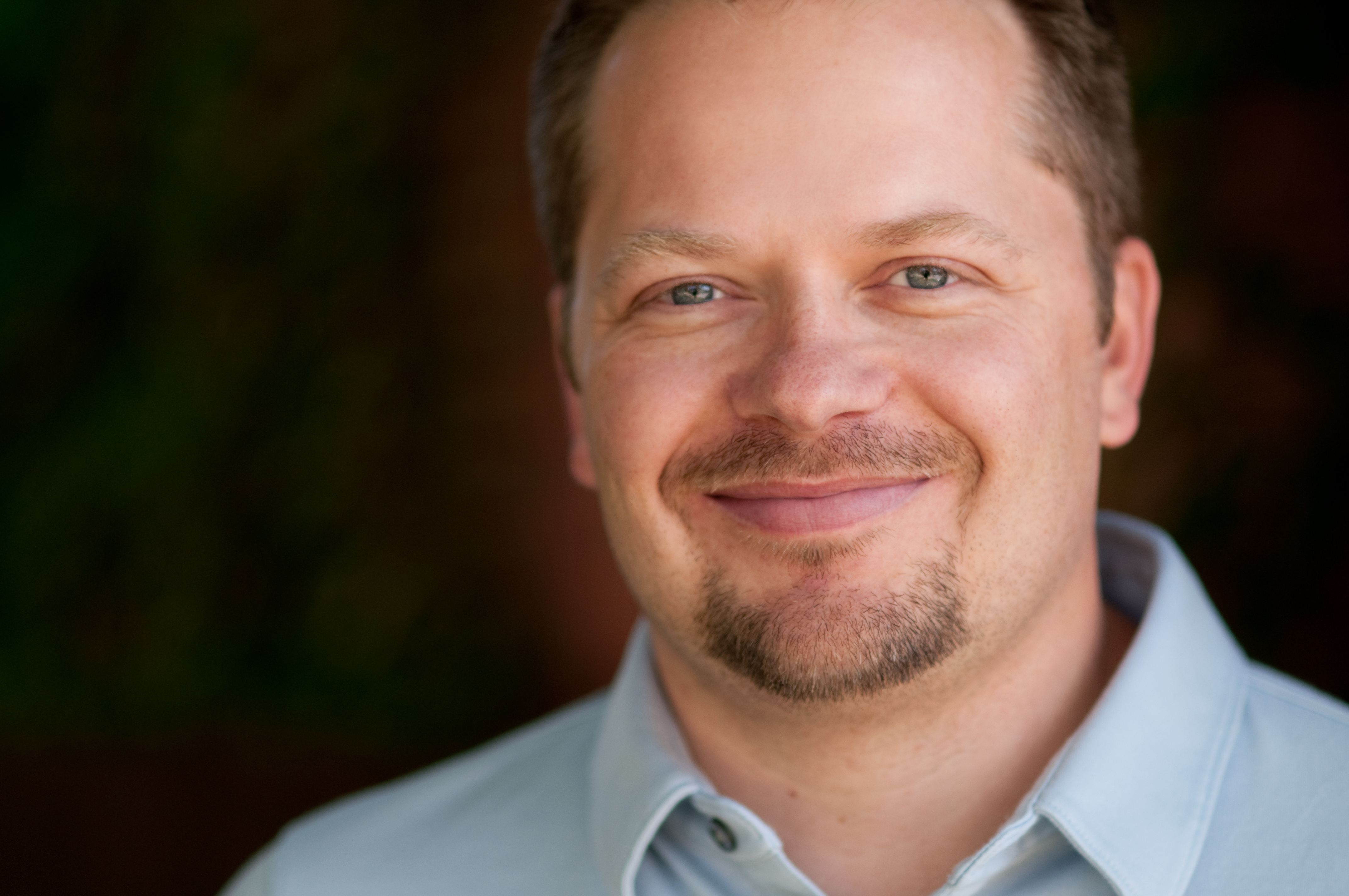When considering any topic, it is helpful to define the terms being used. In a talk I present called “Understanding Addiction,” I offer a few definitions. From Webster’s Dictionary, “Addiction is the state of being enslaved to a habit or practice or to something that is psychologically or physically habit-forming, as narcotics, to such an extent that its cessation causes severe trauma.” In his book Addiction and Grace, Gerald May states that “addiction attaches desire, bonds and enslaves the energy of desire to certain specific behaviors, things or people. These objects of attachment then become preoccupations and obsessions; they come to rule our lives.” (Addiction and Grace, Gerald May, 1991, pg. 3) And then, I add my own piece to defining addiction by saying, “Addiction is a pattern of destructive behavior that is so ingrained it feels normal.”
A commonly asked question is, “How do I know if something is an addiction?” This is an important question. We often “deny” the severity of a problem we are facing. And it is helpful to remember that not everything we struggle with is an addiction. There are three things to consider when making such an assessment:
There have been repeated (and failed) attempts to stop the behavior.
This seems to be the most straightforward point to consider when asking if something has become an addiction. But again, our ability to live in denial never ceases to amaze. For years, I convinced myself that my struggle with pornography was just a phase I was going through and that I could stop anytime I wanted. When I tried to stop (and failed), I always had an excuse. I didn’t really want to stop badly enough. Or I had too many other things going on, and I couldn’t devote the time I wanted to make better choices. My excuses did eventually run out, and I had to face the music. I was trapped in a cycle of addiction and unable to stop my behavior on my own.
There has been an escalation in the frequency and/or intensity of the behavior.
When we are unable to stop a behavior, it also usually escalates. Unfortunately with addiction, we tend to want more of our “fix,” rather than less, and we want it more often. My usage of pornography began as an every now and then occurrence but, over time, there was a clear increase in frequency. Eventually, it became almost daily. Along with the increase of frequency was an increase in intensity as well. In the beginning, it was enough to see scantily clad people in suggestive situations. But that did not last. Later, the people needed to be naked; then they need to be in sexual situations. Finally, I needed to watch people actually having sex, sometimes with multiple partners. My addiction was spiraling out of control.
The behaviors begin to intrude into the primary aspects of my life.
Whereas in the beginning of an addictive behavior, our “fix” is something we do in our spare time, it ultimately begins to take over. Rather than opting to spend time with my family or friends when an opportunity came along, I began to choose to indulge in pornography instead. Or, at the end of a long, exhausting day, I would decide to spend just a little time looking at pornography. My intent was to spend a few minutes but that became a few hours and the sleep I really needed was no longer an option. I began the next day depleted. Or, I would lose track of time and be late for an appointment or a dinner with a friend.
I have found it helpful to consider these three factors in asking myself if something is an addiction. I used pornography as an illustration from my life, but I could also pull examples from how I have turned to food, television, or spending money in addictive ways. It takes courage to ask the question, “Is the thing I am struggling most with an addiction?” It takes even more fortitude to consider the three things I have written about here and be as honest as you are able.
If you believe that you are facing an addiction, there are some amazing resources available. I will list a few books below for you as a place to begin. But also keep in mind that this is what WGA is here for. If you’d like to reach out and ask for help, please do not hesitate to contact our office. WGA provides a variety of groups, discipleship, education, and even good referrals to professional counselors with whom we have built relationships over the years. Please let us know how we can be of help to you in your journey.
Recommended Reading:
Addiction and Grace by Gerald May
Out of the Shadows by Patrick Carnes
Facing the Shadow Workbook by Patrick Carnes
Healing the Wounds of Sexual Addiction by Dr. Mark R Laaser

Roger Jones
Executive Director
In the spring of 1995, the conflict Roger felt between his faith and his sexuality, as well as an addiction to pornography, led him to WGA. His personal journey has provided him unique insights into sexuality and the pain of adversity, which he shares through his testimony, facilitation of small groups, writing and public speaking.
Roger began working with WGA in October of 1996 as the Assistant office Manager. Since that time, he has worn many hats and served in several different positions, including Assistant Program Director and Operations Director. In April of 2007, Roger assumed the position of Executive Director.
Roger attended West Texas A&M University, where he studied Music Business. Much of his training has been “on the job,” where he was mentored by the ministry’s Founder, Mary Heathman, and the Program Director, Scott Kingry. He holds a BA from West Texas A&M University.
Roger, his wife Jill, and their daughter Julia and son William, attend Celebration Community Church where Jill serves as Associate Pastor.
Make a Difference in Someone's Life
If you enjoy reading WGA’s blogs and would like to show your support, please consider making a donation. Where Grace Abounds is a 501(c)3 non-profit organization. The majority of services, including support groups and discipleship counseling, are provided free of charge. Your financial gifts help to cover the costs associated with offering a free program to those who seek WGA’s services.
Note: We are a participant in the Amazon Services LLC Associates Program, an affiliate advertising program designed to provide a means for us to earn fees by linking to Amazon.com and affiliated sites.

